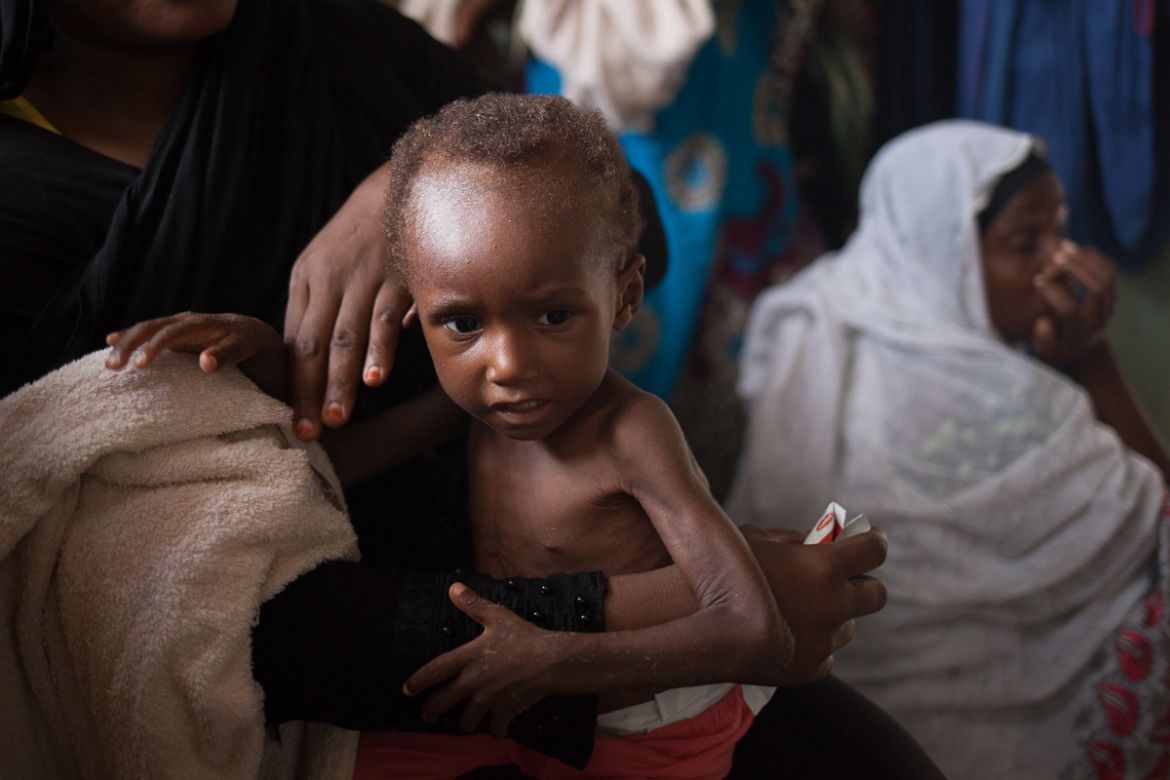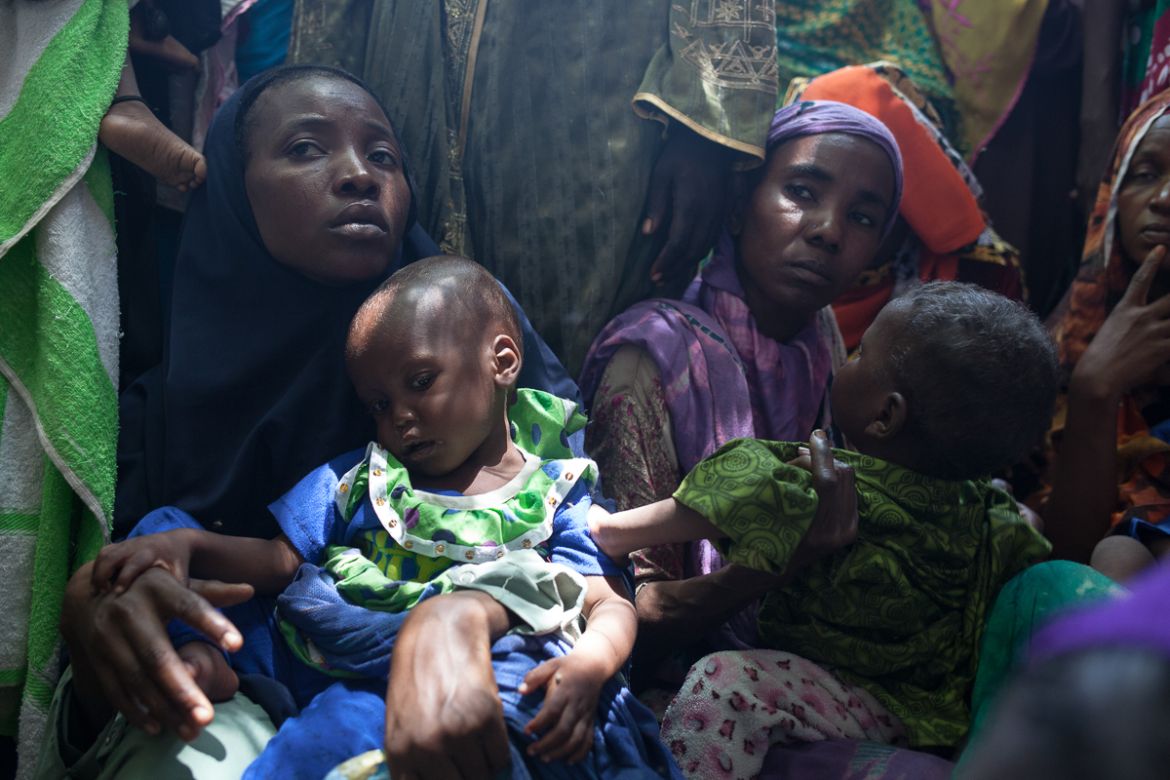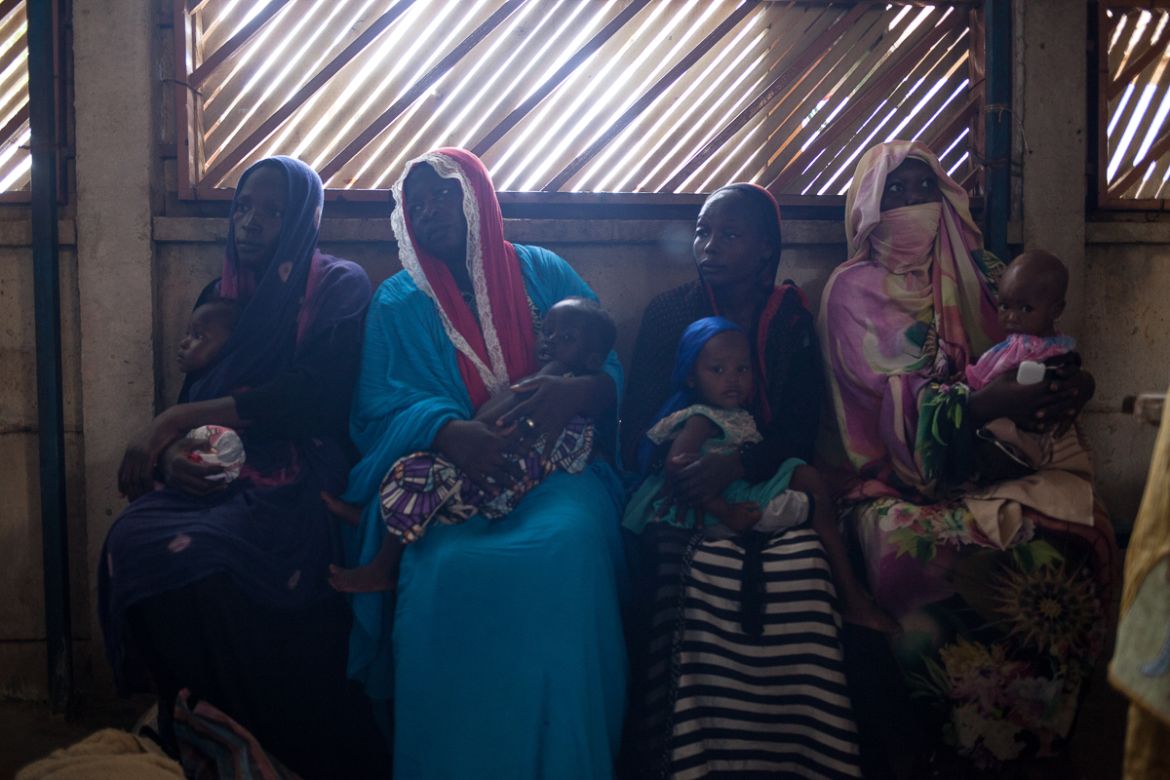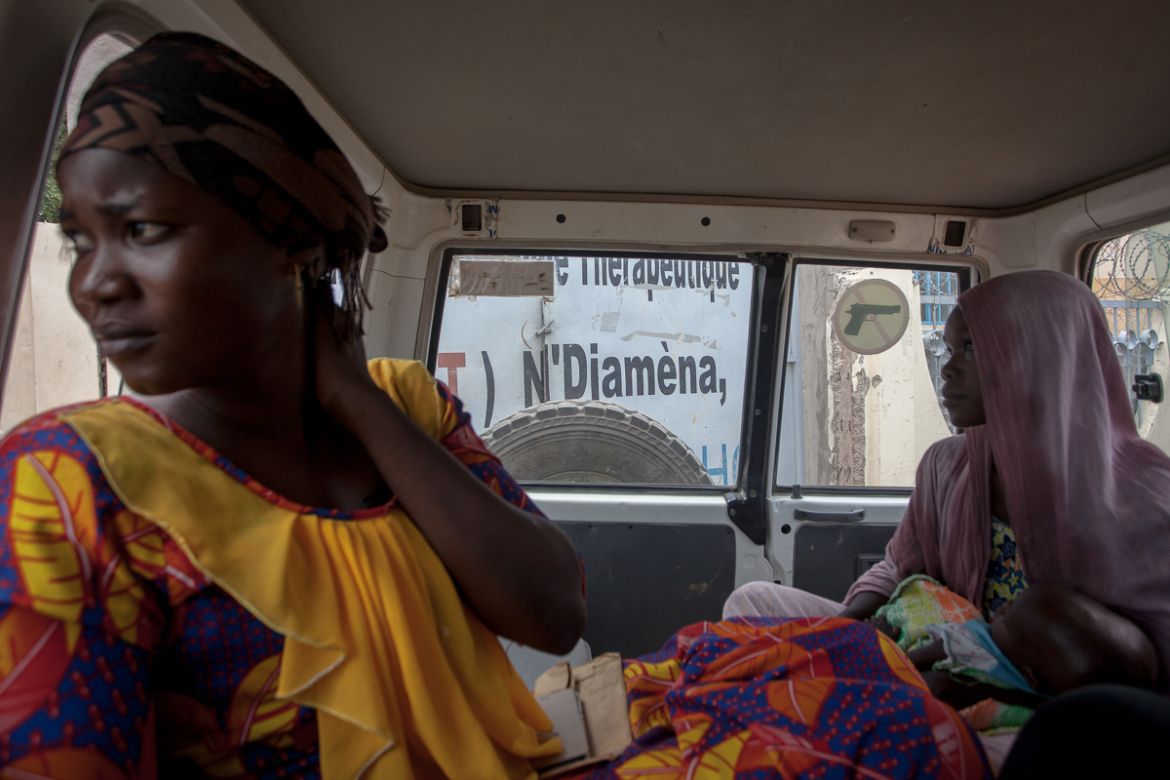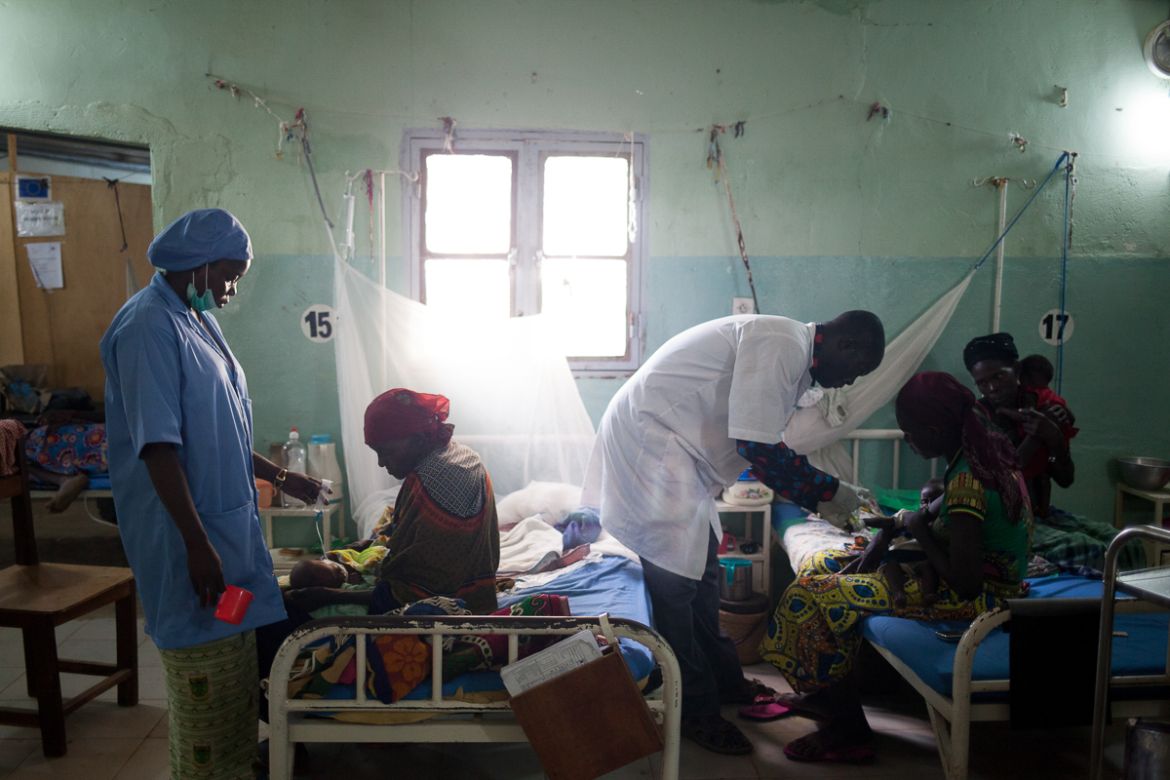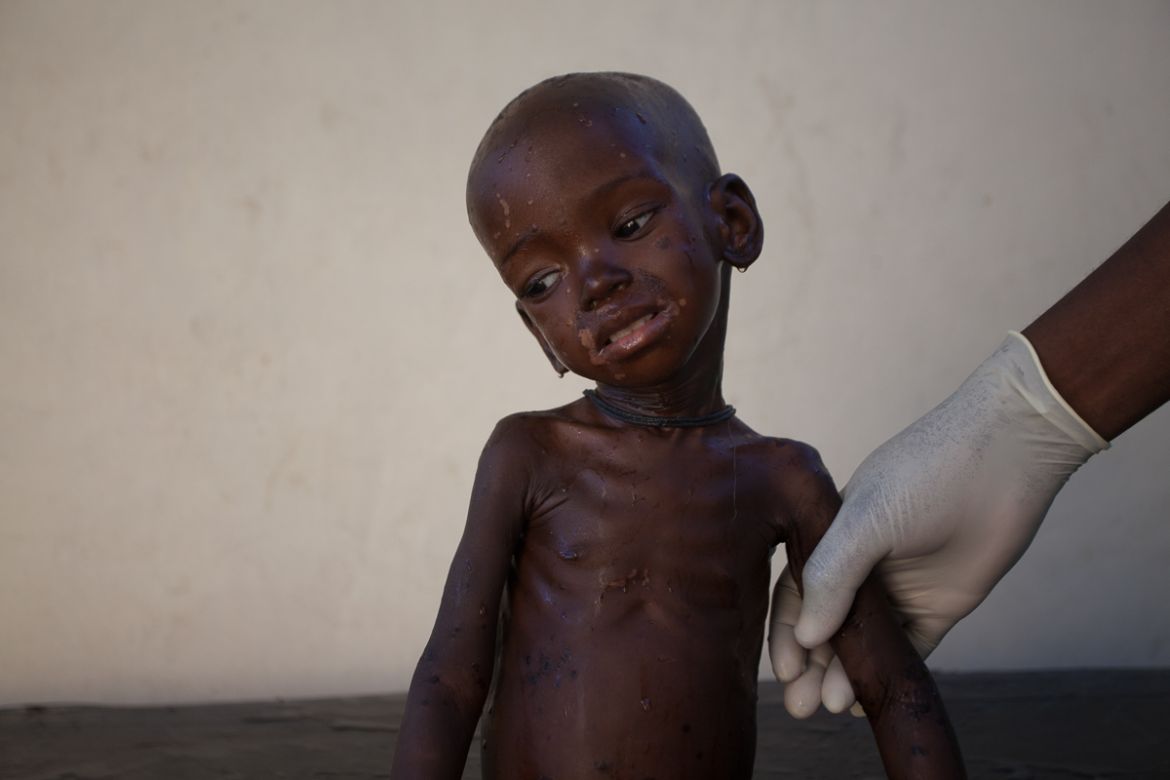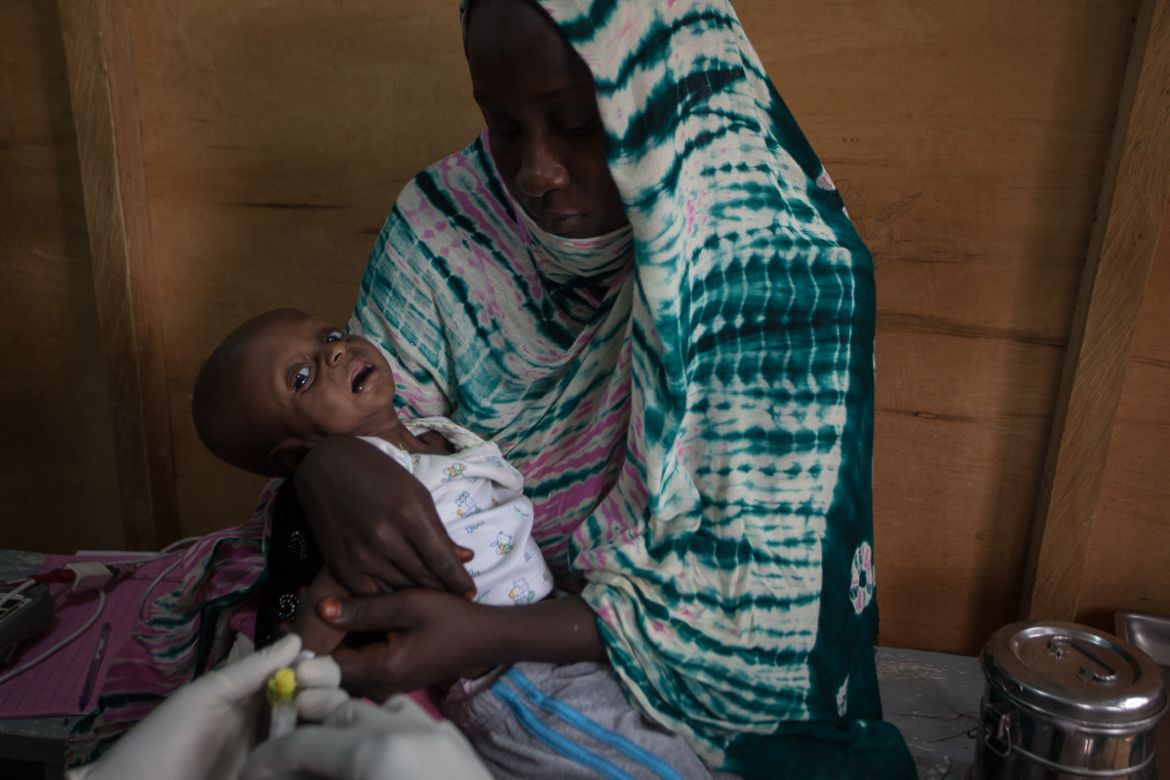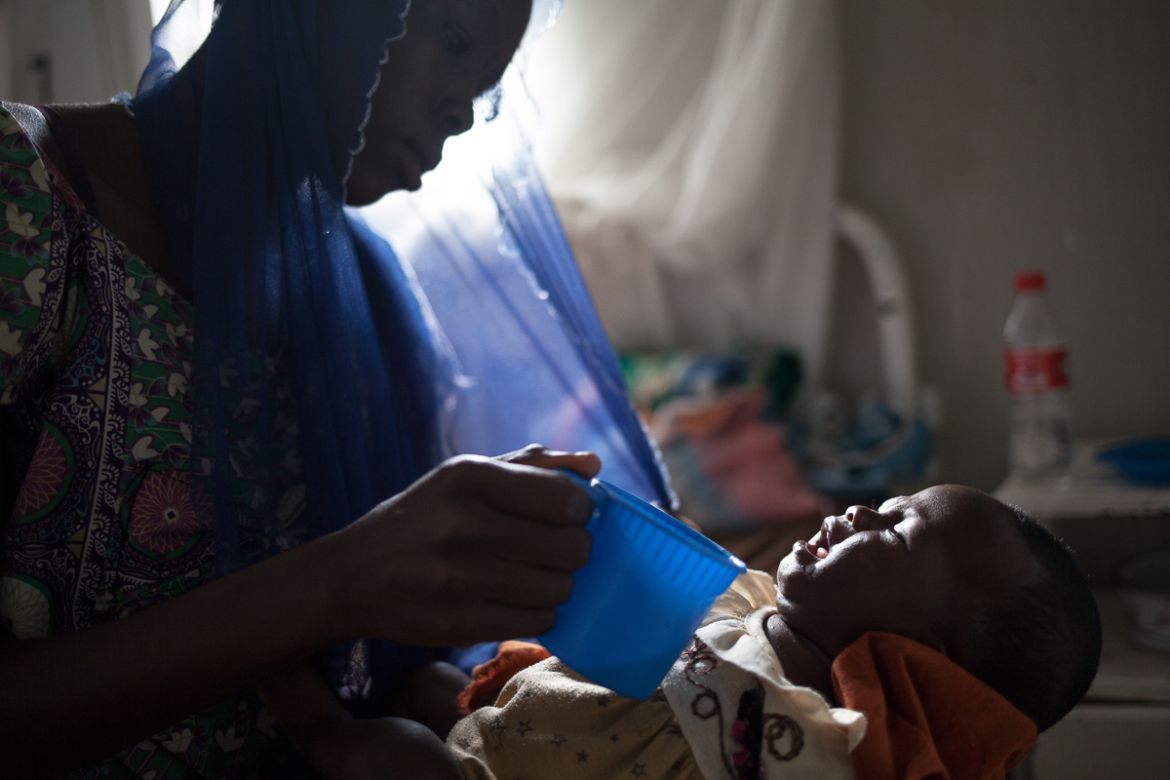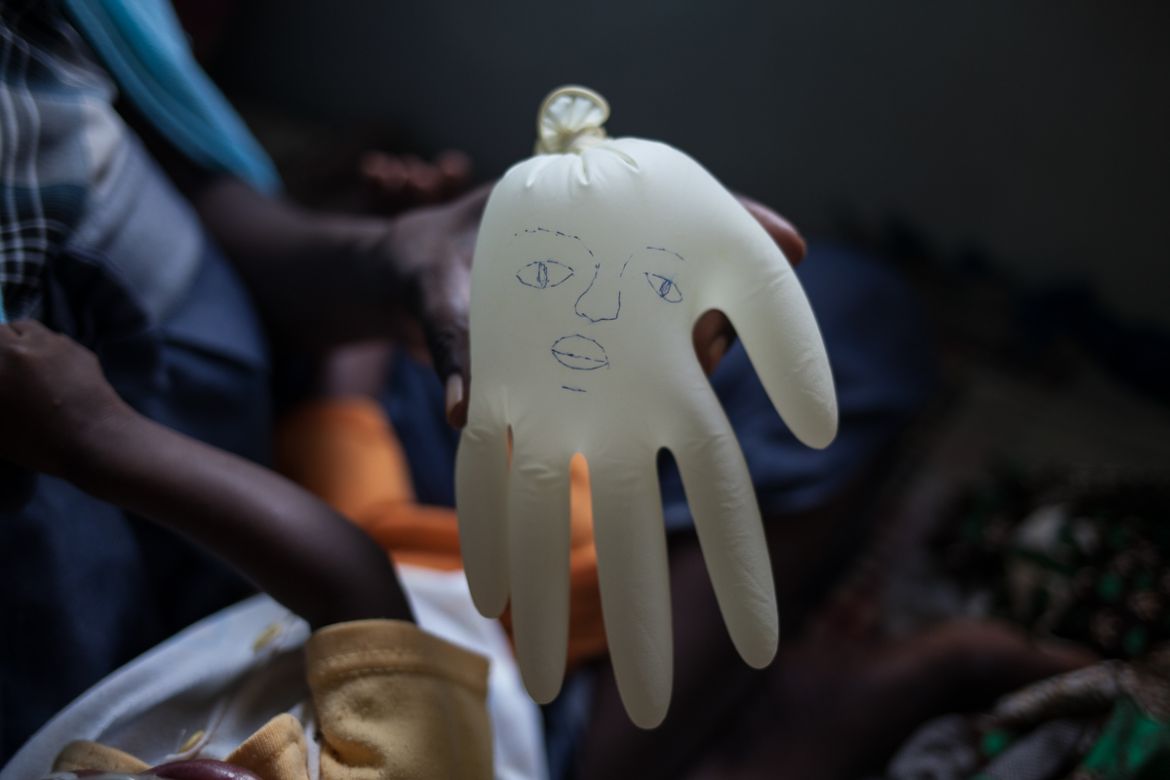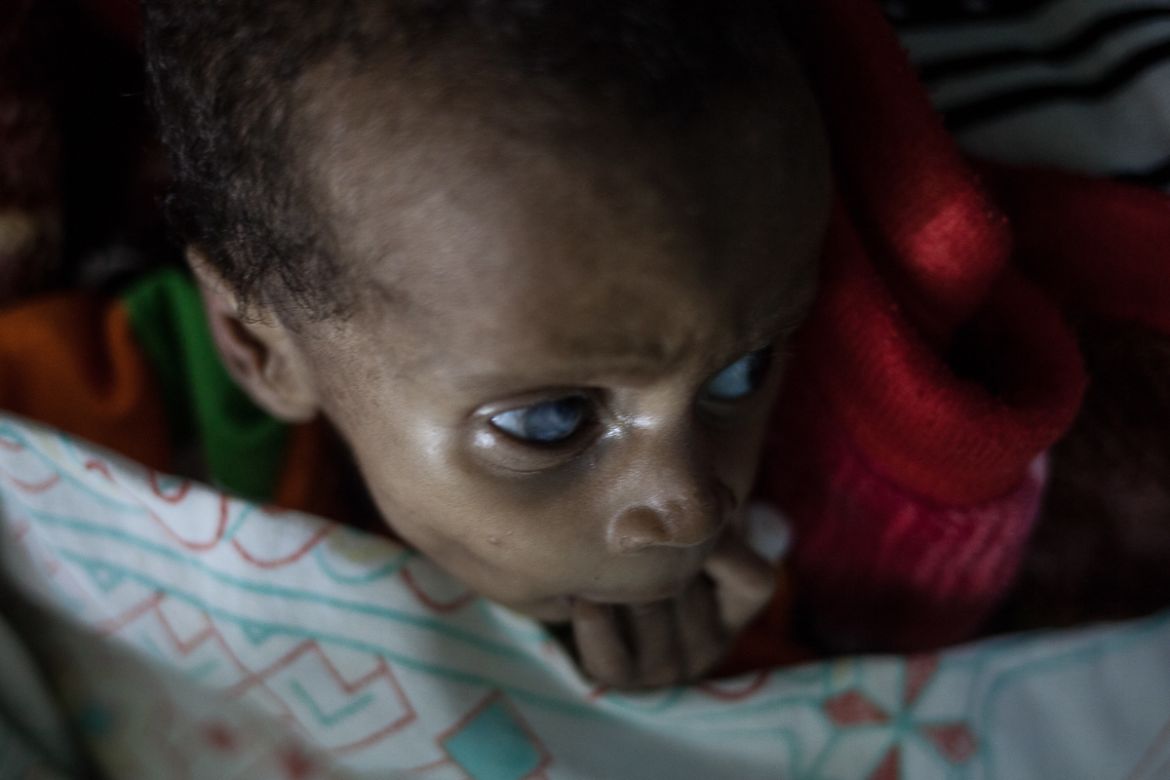In Pictures
‘Never seen a child like this’: Hunger takes toll on Chad’s young
Doctors in Chad working long hours to deal with growing malnutrition cases, exacerbated by country’s economic crisis.

Ndjamena, Chad – Since the fall in the price of oil in 2015, Chad has been struggling to deal with an economic crisis.
The main construction sites in the capital, Ndjamena, are abandoned, the market activities have suffered a slowdown and the salaries of state workers, including police and army officers, have been reduced as part of an austerity programme known locally as “the 16 measures“.
Chad’s health sector has been particularly affected – the national health budget was cut in half between 2013 and 2017, according to a report by Amnesty International. Doctors’ salaries have decreased from 517,000 to 317,000 Central African francs a month ($913 to $560).
The effect of the crisis is evident is hospitals and health centres, where medical staff face an increasing number of malnutrition cases.
A 2017 SMART survey found that the prevalence of severe acute malnutrition in N’Djamena stands at 4.9 percent, more than twice the emergency level set by the World Health Organization. Nationwide, an estimated four million people, out of 15 million, are food insecure. By the end of the year, the country’s health facilities are expected to receive more than 262,000 children, up to five years old, who suffer from severe acute malnutrition.
At the Chad-China Friendship Hospital, the number of malnourished children in need of treatment has doubled over the past 12 months.
“This year is exceptional,” says Veronica Ladangbe, who has worked as a nurse at the hospital for three years.
“At the beginning of June, we even had mothers on the floor, we could no longer enter this room. As the country is in crisis, it is hard for the poorest.”
